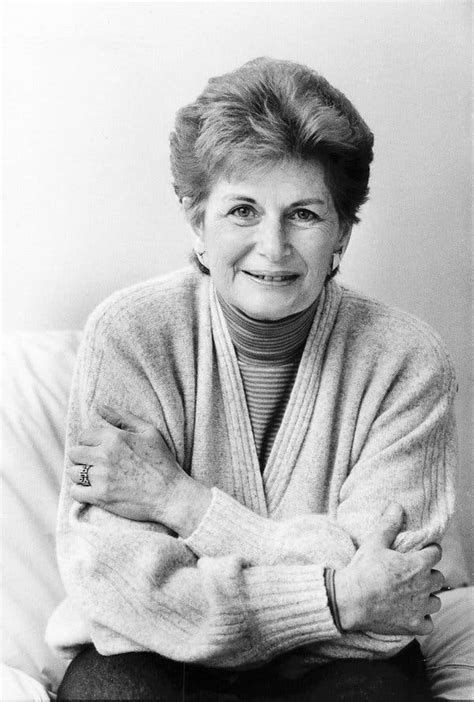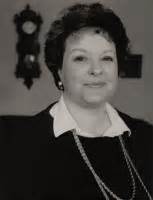A Quote by Lillian B. Rubin
In fact, the family as an institution is both oppressive and protective and, depending on the issue, is experienced sometimes one way, sometimes the other - often in some mix of the two - by most people who live in families.
Related Quotes
Culture is mix. Culture means a mix of things from other sources. And my town, Istanbul, was this kind of mix. Istanbul, in fact, and my work, is a testimony to the fact that East and West combine cultural gracefully, or sometimes in an anarchic way, came together, and that is what we should search for.
I speak a little Portuguese, but my daughter speaks it better than me. I always feel that Italy is my home, but it is important for my husband that we also live in France. Sometimes we live as a family all together, but as we are two working actors, sometimes we have to be apart. Sometimes I'm shooting a movie; sometimes he is.
I do like to work. Some jobs are better than others. That's the thing: You really don't know. I've enjoyed making movies for lots of different reasons. Sometimes, it was the other people. Sometimes, it was the fact that I was really good in it. Sometimes, it was the location. Sometimes, it was the paycheck.
Families can be the most detrimental things to have in your life. They are sometimes the most poisonous relationships that people have. Sometimes family is the thing that keeps you from ever achieving what you want to achieve, and yet people hold it and hold it and grab it and try to fix it and twist it and turn it.
All I've learned is that you need the studio system sometimes, if your budget is a certain size, and other films you can do independently. When I think of a studio, I generally think of distribution. Since I'm a director, I have a similar creative experience on every film I do, because I can control that. But then it's a different film, I think, as it reaches the public, depending on the way it's marketed. I don't know. I haven't learned much of anything. Sometimes you need them, sometimes you don't. Sometimes they want you, most of the time they don't.
People get sick and sometimes they get better and sometimes they don't. And it doesn't matter if the sickness is cancer or if it's depression. Sometimes the drugs work and sometimes they don't. Sometimes the drugs work for a while and then they stop. Sometimes the alternative stuff works and sometimes it doesn't. And sometimes you wonder if no outside interference makes any difference at all; if an illness is like a storm, if it simply has to run its course and, at the end of it, depending on how robust you are, you will be alive. Or you will be dead.
Coupling doesn't always have to do with sex ... Two people holding each other up like flying buttresses. Two people depending on each other and babying each other and defending each other against the world outside. Sometimes it was worth all the disadvantages of marriage just to have that: one friend in an indifferent world.
As I got older, I realised that people saw me as other things - sometimes Korean, sometimes Japanese, sometimes just Asian. When my family moved to a more affluent white neighbourhood, I started to see myself as 'other', this amorphous category. I didn't even know what 'not other' was, but I knew I wasn't it; I wasn't what was normal.
I have never known what is Arabic or English, or which one was really mine beyond any doubt. What I do know, however, is that the two have always been together in my life, one resonating in the other, sometimes ironically, sometimes nostalgically, most often each correcting, and commenting on, the other. Each can seem like my absolutely first language, but neither is.
Sometimes I feel as though there are two me's, one coasting directly on top of the other: the superficial me, who nods when she's supposed to nod and says what she's supposed to say, and some other, deeper part, the part that worries and dreams... Most of the time they move along in sync and I hardly notice the split, but sometimes it feels as though I'm two whole different people and I could rip apart at any second.



































